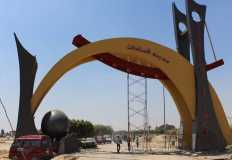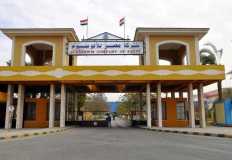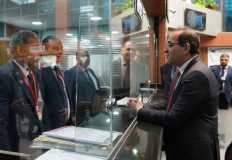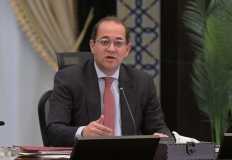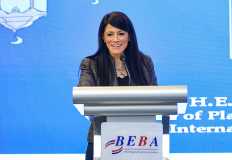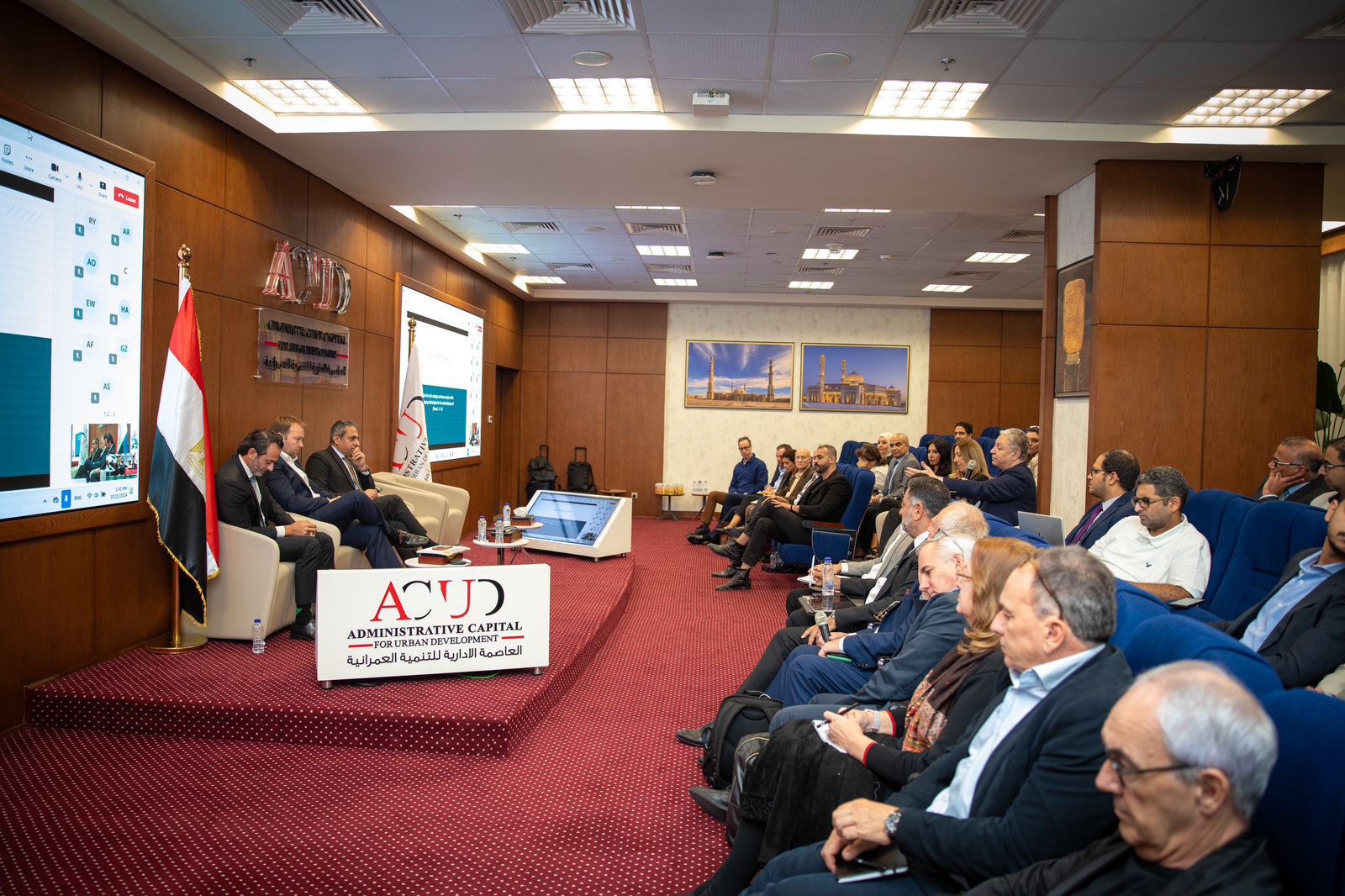
The New Administrative Capital Company is undertaking a comprehensive review of its strategic masterplan for the project's upcoming phases, including the second, third, and fourth. To ensure the plan aligns with global best practices, the company is actively seeking input from renowned international firms and experts.
A recent workshop, convened by
the New Administrative Capital Company, focused on refining the strategic
masterplan for the subsequent phases and developing a detailed city plan.
Attended by a distinguished group of international experts and the project's
general consultant—a consortium comprising Dar Al Handasah, Siemens, and
Savills—the workshop delved into strategies to seamlessly integrate the
detailed plan for the capital's future phases with the established foundations
of the first phase.
Representing the New
Administrative Capital for Urban Development Company at the workshop were Eng.
Hanan Hekal, Assistant Managing Director for Technical Affairs, Eng. Hamed Moussa,
Director of Urban Planning Department, and Eng. Mahmoud Nasr, Director of Smart
Infrastructure Department.
Engineer Khaled Abbas, Chairman and Managing Director of the New Administrative Capital for Urban Development Company, outlined an ambitious vision for the project. By leveraging advanced technologies, the company seeks to create a model smart city that offers an unparalleled standard of living through integrated technological solutions.
Abbas noted that the new
administrative capital is projected to have a population of 8 million by 2050.
This ambitious undertaking represents a transformative shift for Egypt,
promising to redefine modern living, drive economic growth, and elevate the
country's stature as a regional leader in North Africa and the Middle East.
The company aims to establish a
forward-thinking vision that positions the new administrative capital as a
premier regional and international hub. By developing a comprehensive
masterplan that capitalizes on the city's strategic location, attracts substantial
investments, and generates ample job opportunities, the company seeks to
replicate the success achieved in the initial phase.
Engineer Khaled Abbas revealed that the combined area of the second, third, and fourth phases spans a substantial 190,000 acres. Construction of the new administrative capital commenced in late 2016, encompassing a total area of approximately 230,000 acres. Strategically situated about 60 kilometers east of Cairo and 65 kilometers west of Suez, this ambitious project is poised to redefine urban living in Egypt.
